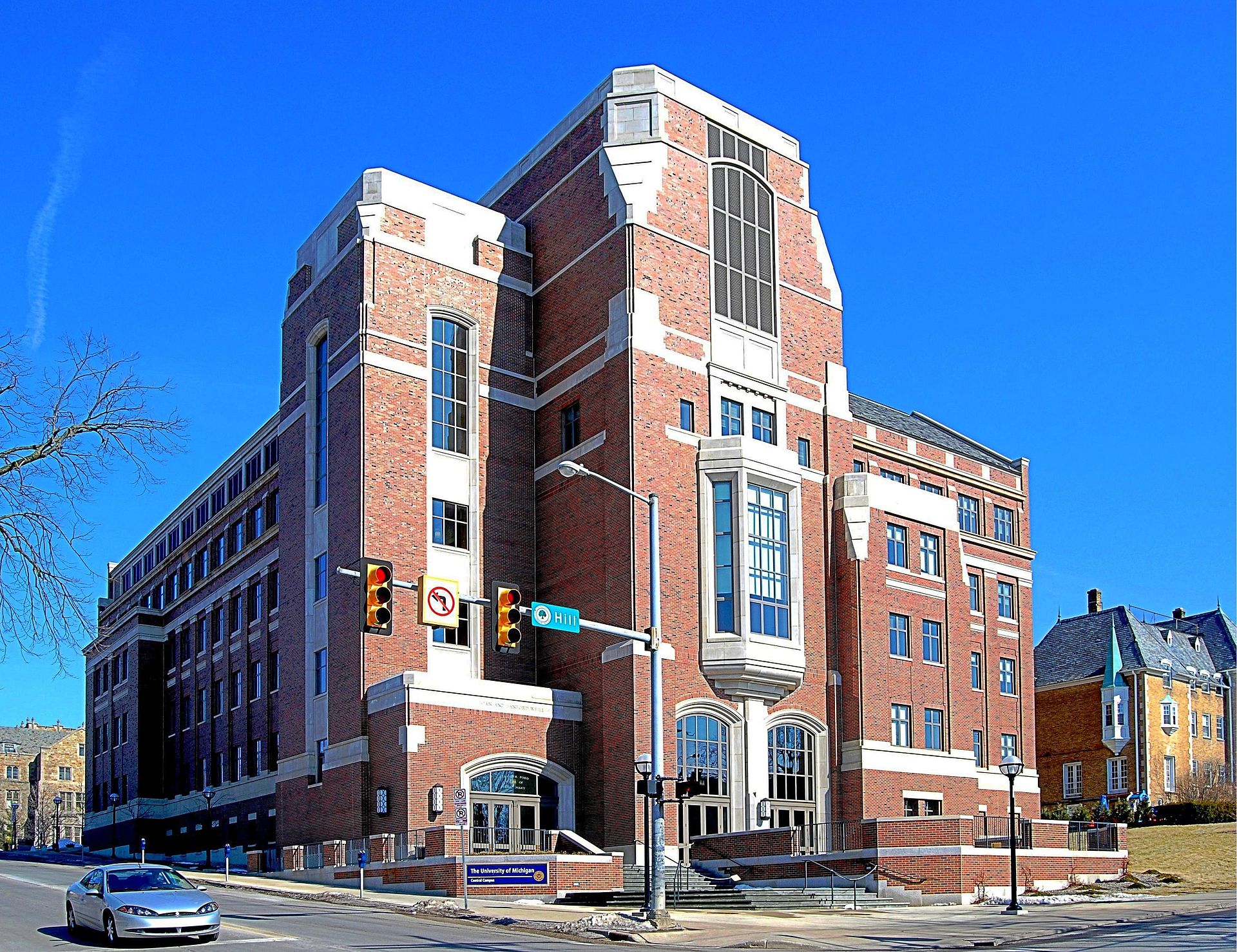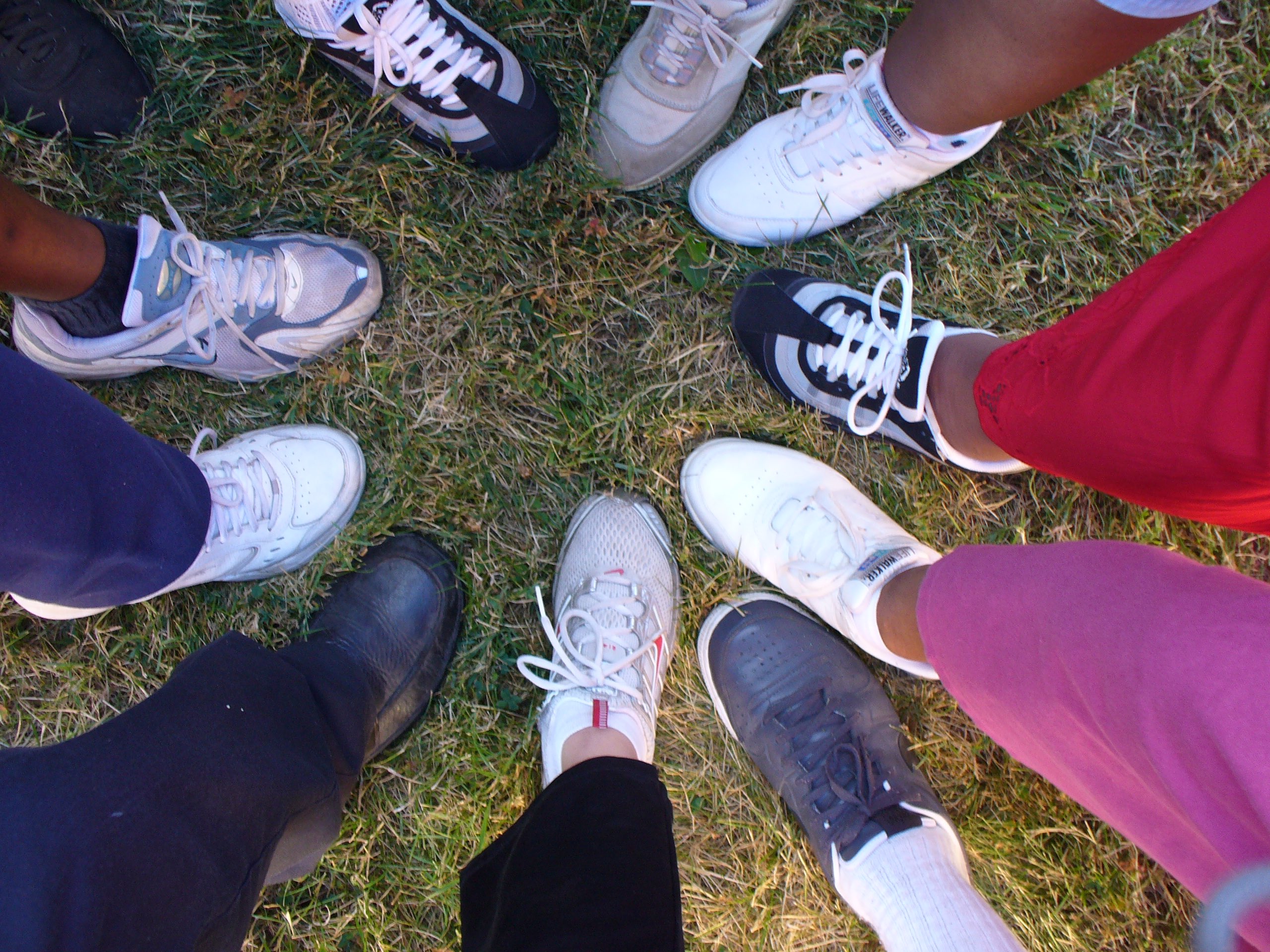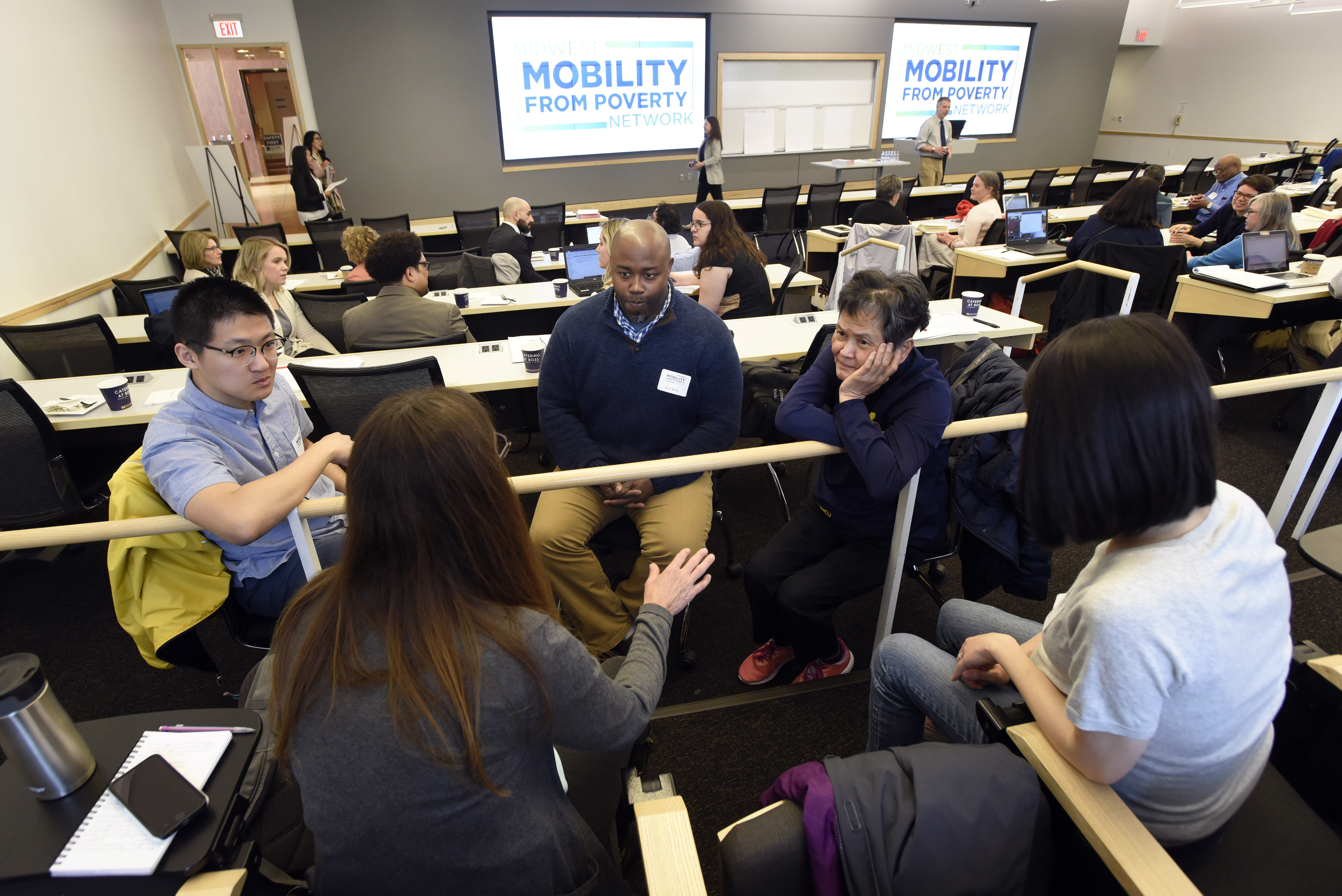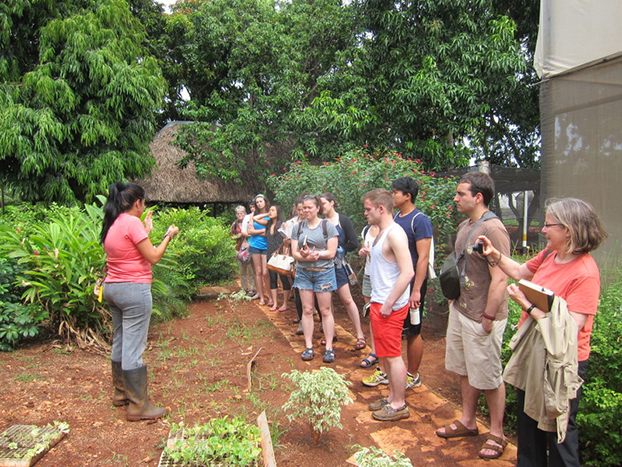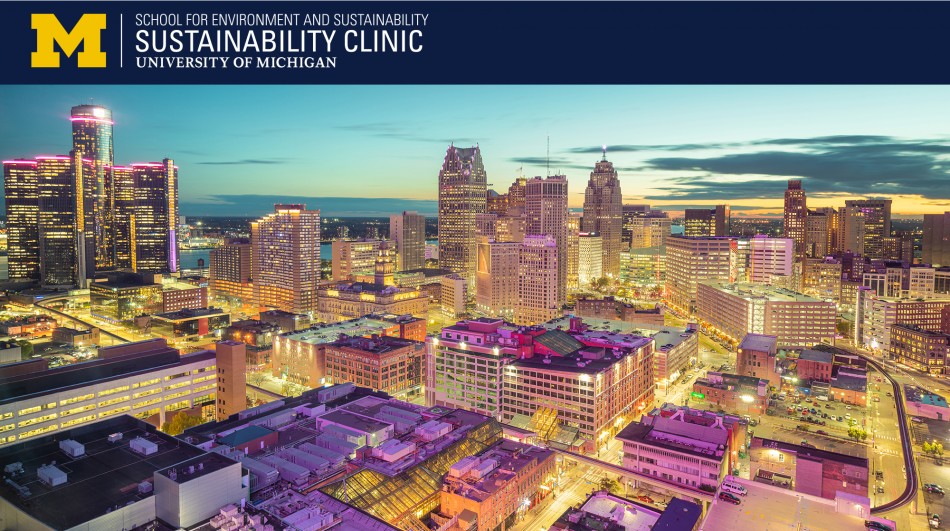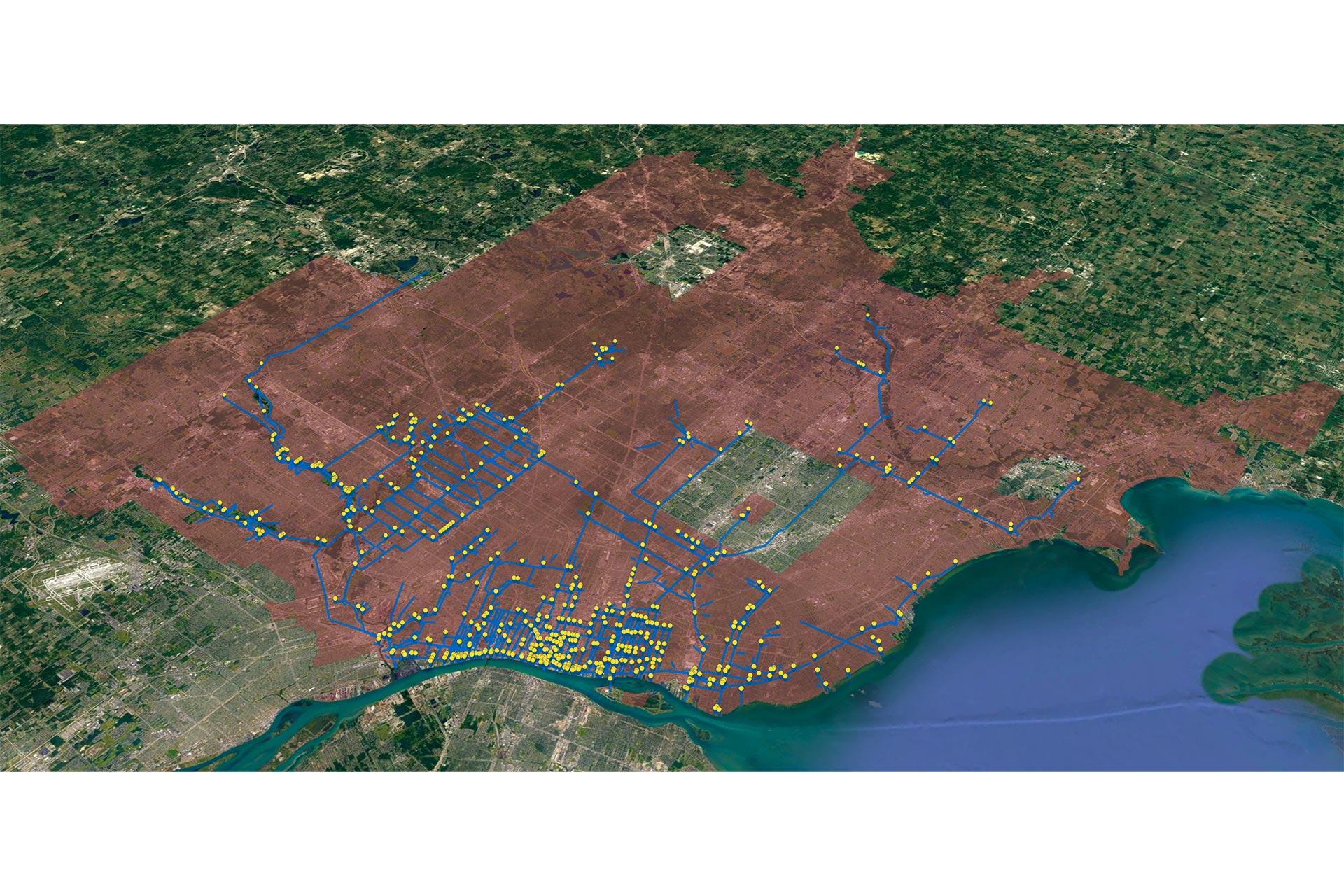Center for Local, State and Urban Policy
The Center for Local, State, and Urban Policy (CLOSUP) conducts, supports and fosters applied academic research to inform local, state, and urban policy issues. One of the Center's key programs is the Michigan Public Policy Survey (MPPS), the nation's only ongoing census-style survey of every unit of general purpose local government across an entire state. Across all of its activities, the Center functions as an information resource for policymakers and practitioners, academics, students, the media, and the public.
